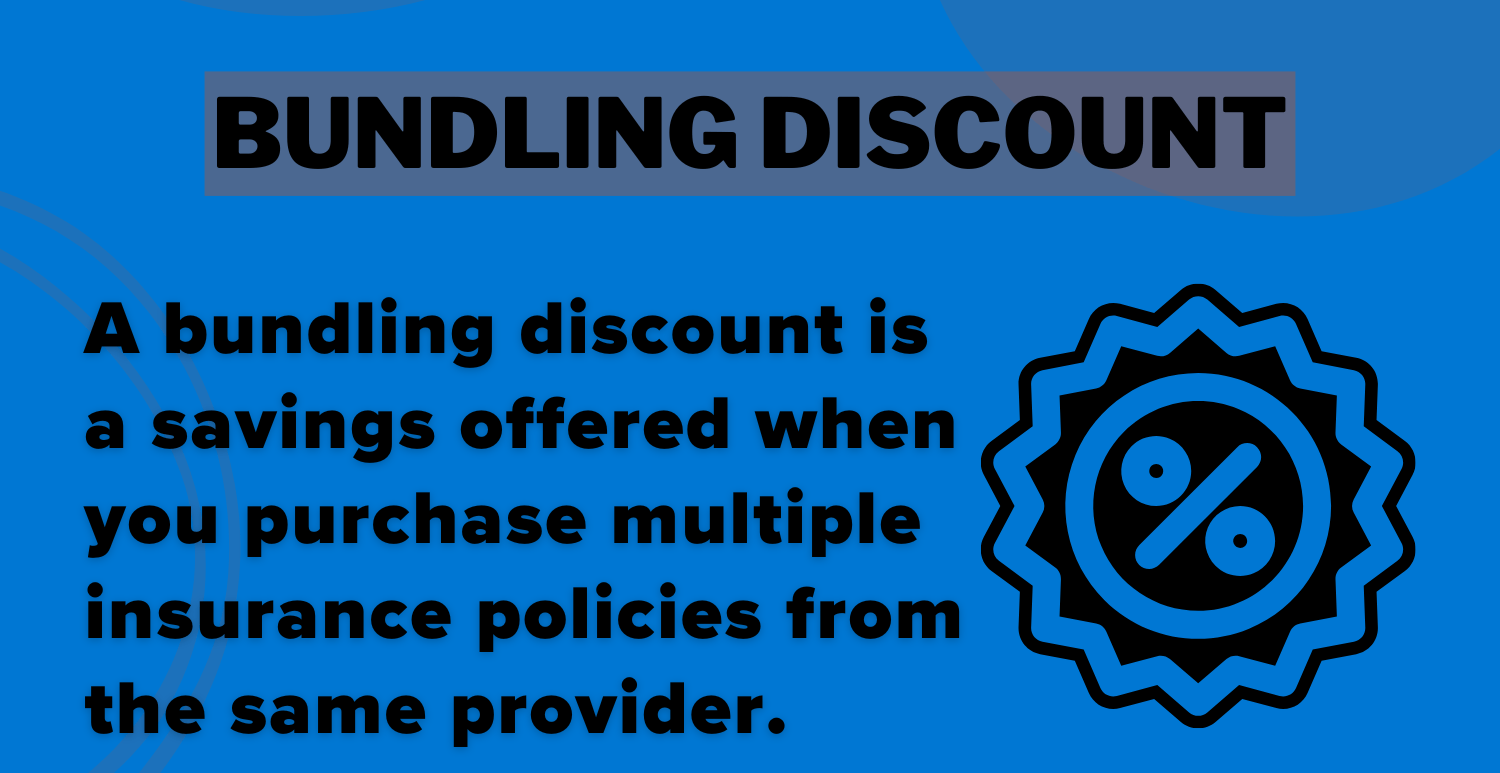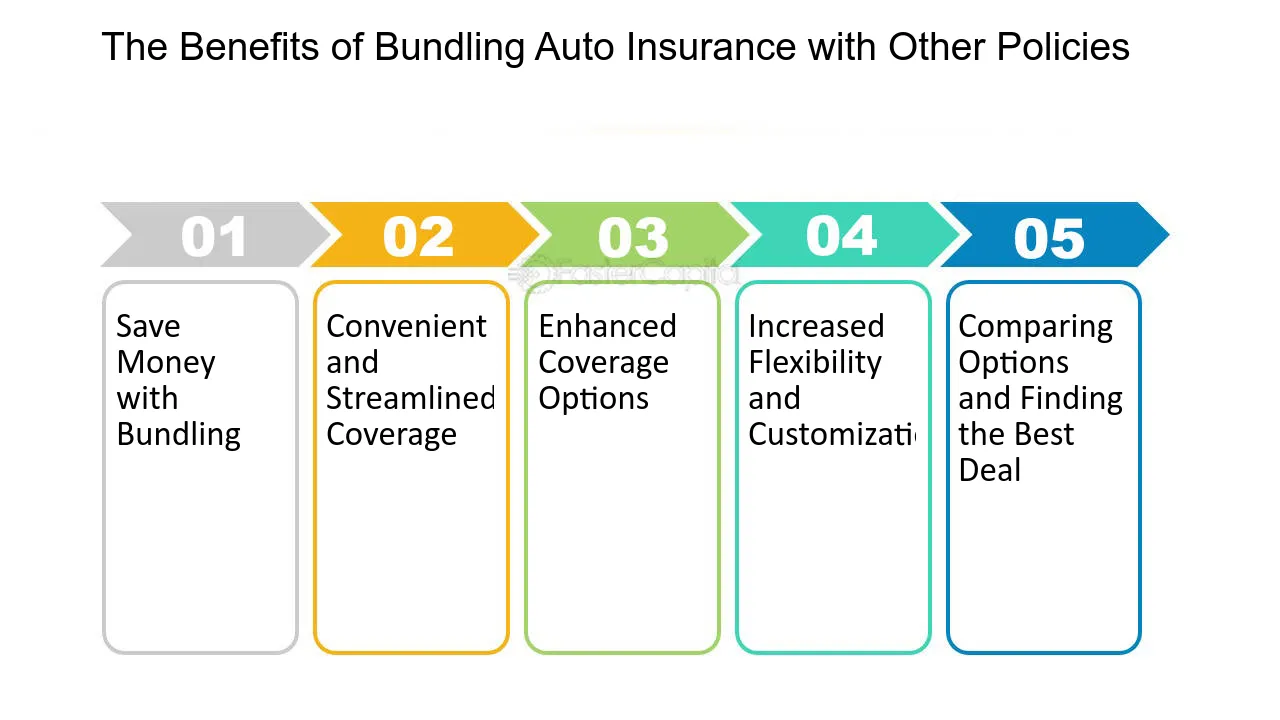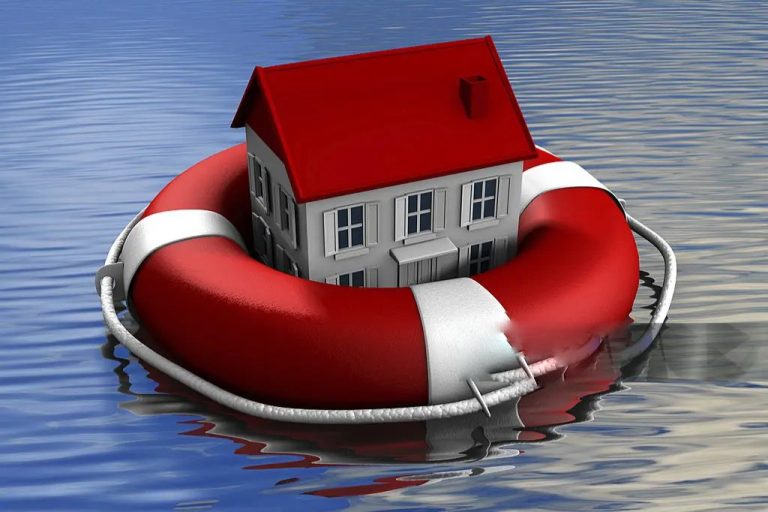The term “insurance bundling” has recently been popularized by homeowners and car owners who want to save their coverage without losing its fine quality. More simply put, bundling can be defined as the purchase of two or more insurance policies in one provider: for example, home and auto insurance.
This avenue enables the policyholder to benefit from discounts that can reduce his premium costs by a considerable margin. To some consumers, low price in itself is a draw, but bundling offers much more than the lowest cost for the consumer: it offers convenience, easier management of policies, and sometimes long-term savings.
Is bundling right for you? Let us break it down step by step.
Why Do Insurance Companies Offer Bundling Discounts?
They encourage bundling because it makes a way for them, too. The firm is likely to hold on to the customer by making him purchase other policies from them, cutting the cost of administration, and increasing profit. Rewarding loyalty thus offers them up to a 25% discount on the bundled policy.
That translates to reduced premiums for the insured, hassle-free claims process, and easier administration of the many policies in their insurance package.
Benefits of Bundling Insurance
Bundling insurance policies comes with several benefits beyond just saving money. Here is a closer look at why so many consumers choose this approach:
Cost Savings
The most apparent advantage of bundling is the discount. Depending on the insurer, the discount may vary from 5% to 25%. In this respect, the discount is applied on both policies so that you can save on both home and auto insurance simultaneously.
Simplified Policy Management
Managing multiple policies with different providers can be a hassle. Bundling allows you to deal with one company for everything—payments, claims, policy updates, and customer service.
Easier Claims Process
If you ever need to file a claim that involves both home and auto insurance (such as a natural disaster affecting your home and vehicle), dealing with a single insurer can make the process smoother and faster.
Increased Customer Loyalty Benefits
Many insurance companies offer additional perks to long-term customers who bundle policies. These perks might include lower deductibles, accident forgiveness, and enhanced coverage options.
Protection from Policy Cancellation
If you have had multiple auto insurance claims, your insurer might consider dropping your policy. However, if you have multiple policies bundled with the same company, they may be less likely to cancel your coverage.
How Much Can You Save with Bundling?
The amount you save depends on several factors, including your insurance provider, your coverage level, and where you live. For instance:
- Homeowners in Rochester, NY, might save an average of 15% to 20% by bundling home and auto insurance.
- Some insurance companies offer bundling discounts of up to 25% for customers with multiple policies.
- Even if you do not own a home, renters can bundle renters and auto insurance for significant savings.
Before committing, it is always wise to compare quotes to ensure you are getting the best deal.
How to Get the Biggest Bundling Discounts
If you are interested in bundling but want to maximize your savings, follow these steps:
Compare Quotes from Multiple Carriers
Not all insurance companies offer the same bundling discounts. Work with an independent insurance agent who represents multiple carriers to compare your options. Some insurers might offer a bigger discount than others.
Evaluate the Full Coverage Package
Do not just focus on price—review the full package, including:
- Coverage limits
- Deductibles
- Additional benefits (such as roadside assistance or extended replacement cost coverage)
Ask About Additional Discounts
Some insurers offer extra discounts on top of bundling, such as:
- Home security system discounts
- Safe vehicle features discounts
Consider Policy Flexibility
Bundling may not be the best option if it limits your ability to adjust coverage or switch providers easily. Make sure you understand the terms before committing.
Ensure the Insurer Has Good Customer Service
Lower prices are great, but not if the company has poor customer service. Check reviews and ratings to ensure the insurer handles claims efficiently.
When is Bundling Not the Best Option?
While bundling is a smart move for most people, there are cases where it may not be the best choice:
- If One Policy is Significantly Cheaper Elsewhere – Sometimes, purchasing separate policies from different insurers might be cheaper than bundling.
- If You Need Highly Specialized Coverage – If you need unique or high-risk coverage (such as classic car insurance or flood insurance), a specialized provider may offer better terms.
- If the Insurer Has Poor Claims Service – A discount is not worth it if the insurance company has a reputation for denying claims or slow processing times.
Final Thoughts
If you are interested in saving money and simplifying your insurance management, then you should bundle your home and auto insurance.
However, it will always help you compare your options and make a decision. This often involves shopping around and finding an independent insurance agent who ensures that you get the best coverage, cost, and service.
Therefore, by bundling wisely, it is possible to enjoy savings of money and ensure comprehensive protection both for home and vehicle.

